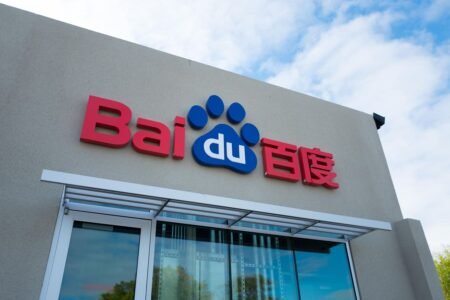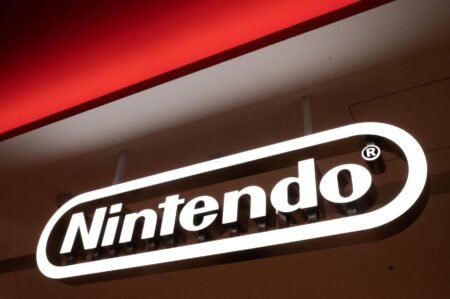Roku Inc. has had a challenging year so far, with its stock falling by about 34% year-to-date, underperforming the Nasdaq-100. However, the company is expected to report its Q2 2024 results with revenue projected to be around $940 million, up 21% from last year, and net losses narrowing to about $0.40 per share. Roku’s platform business is expected to continue to see growth, driven by an increase in active users and higher engagement rates on its platforms.
The company’s total revenue for Q1 2024 rose 19% to $881 million, with 81.6 million active accounts globally. Roku also saw a 23% year-over-year increase in total streaming hours and a 66% increase in hours streamed on the Roku channel, resulting in higher-margin advertising revenue. However, per-user revenue growth for the platform business has been easing due to increased sales from international markets, and competition in the advertising market may be impacting the company’s performance.
Roku’s cost management and cash flows will be closely monitored following the company’s strong progress in Q1. Total operating expenses fell by 16% year-over-year in Q1, and free cash flow increased to $426.7 million. Despite a sharp decline in ROKU stock from early 2021 levels, the stock has seen fluctuations in returns over the past few years – with underperformance compared to the S&P 500 in 2021 and 2022, and outperformance in 2023.
The risk-to-reward trade-off for Roku stock is seen as positive at the current market price of around $61 per share, trading at just about 2x forward revenue. With the shift of ad dollars from linear television to digital video formats benefiting Roku in the long run, and improving cash flows supporting the company’s valuation, Roku stock is valued at about $70, 15% above the current market price. The company’s performance in the coming months will determine whether it can recover from its recent underperformance compared to the S&P 500.
Overall, Roku’s Q2 2024 results are eagerly anticipated, with expectations for revenue growth and narrowing net losses. The company’s platform business continues to show promising signs of growth, driven by an increase in active users and higher engagement on its platforms. While competition in the advertising market and fluctuations in stock performance present challenges, Roku’s valuation and potential for long-term growth remain positive, with the company expected to benefit from the ongoing shift of ad dollars to digital video formats.











